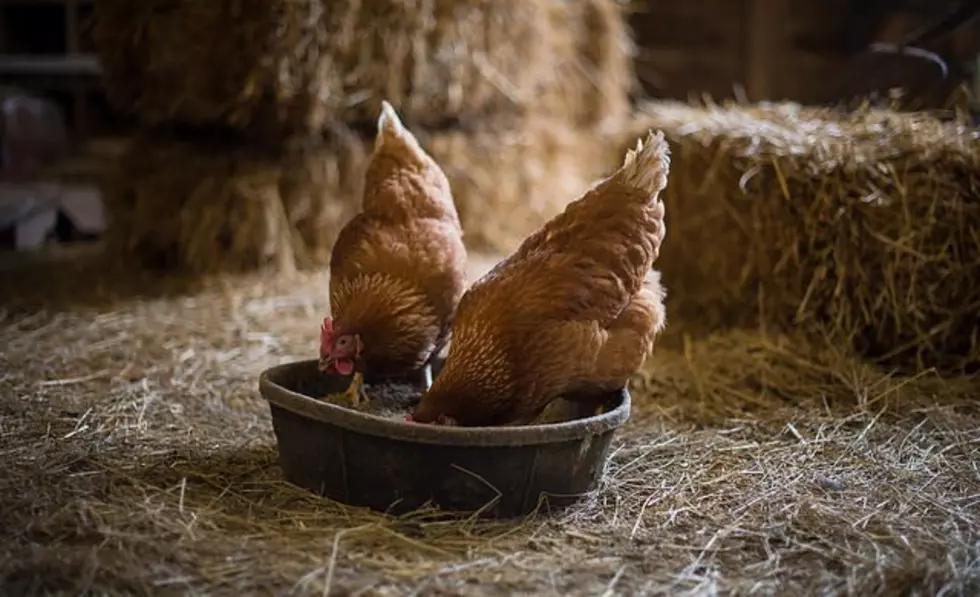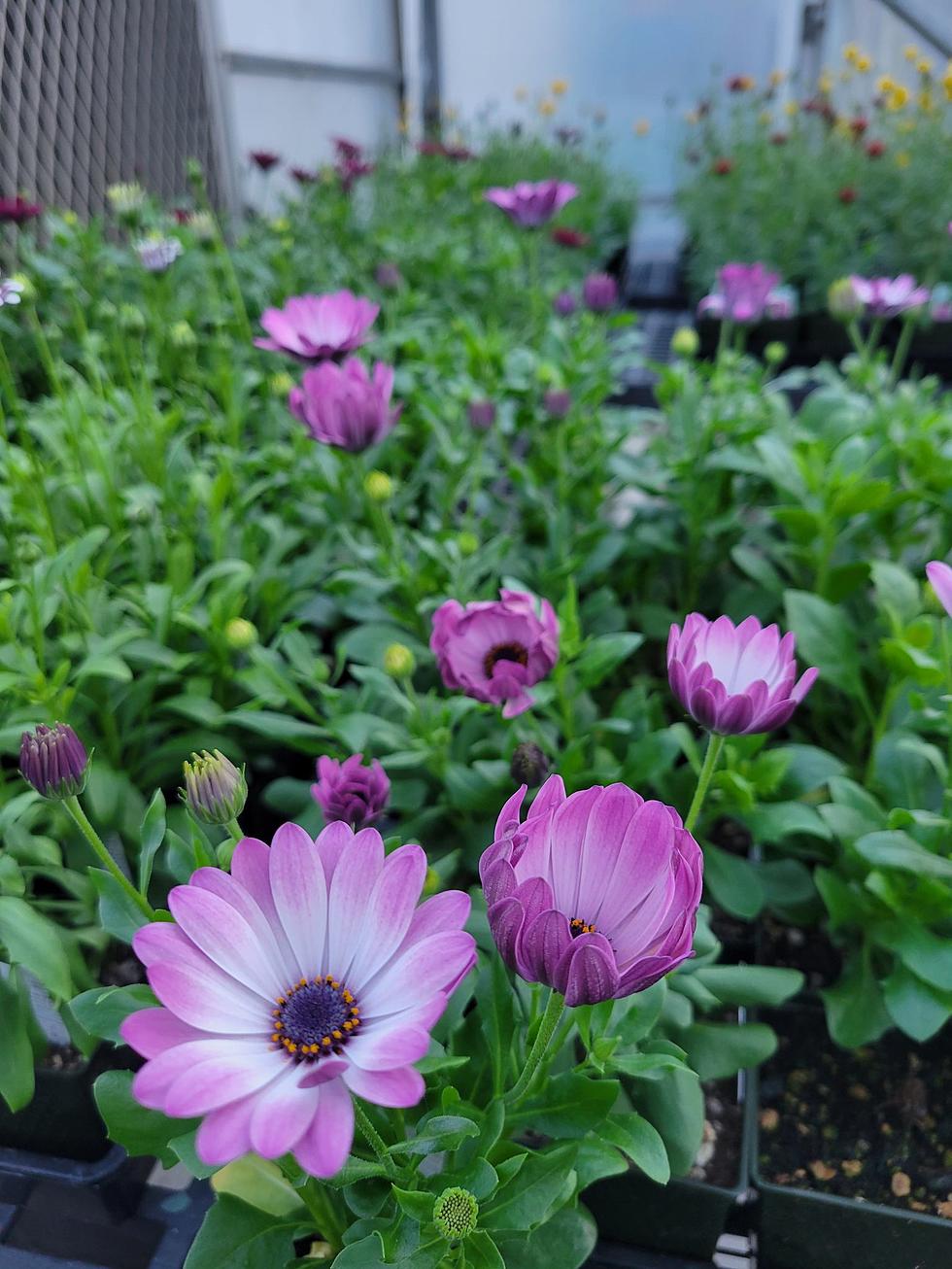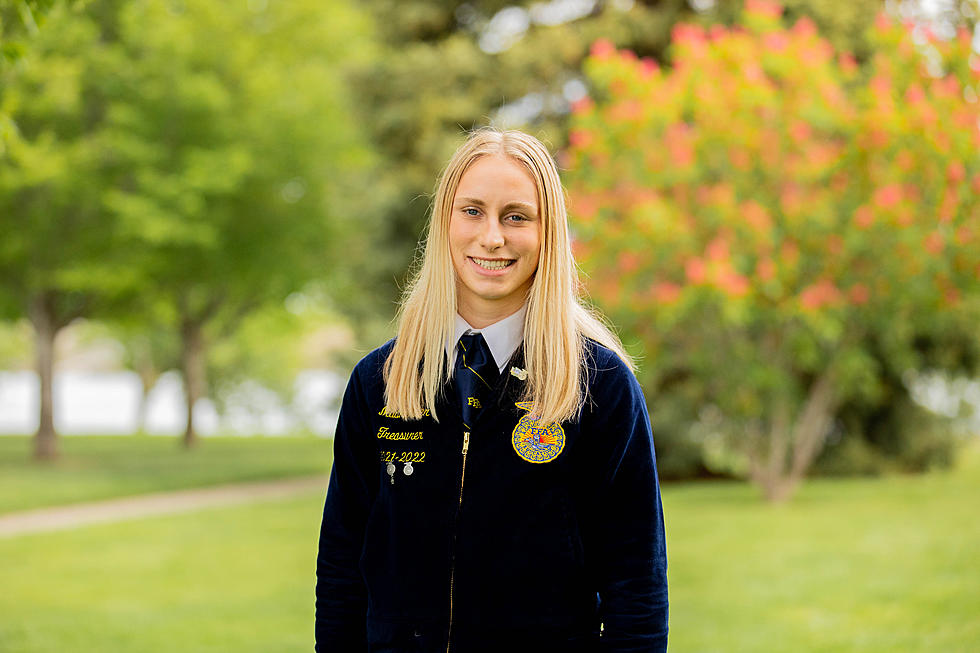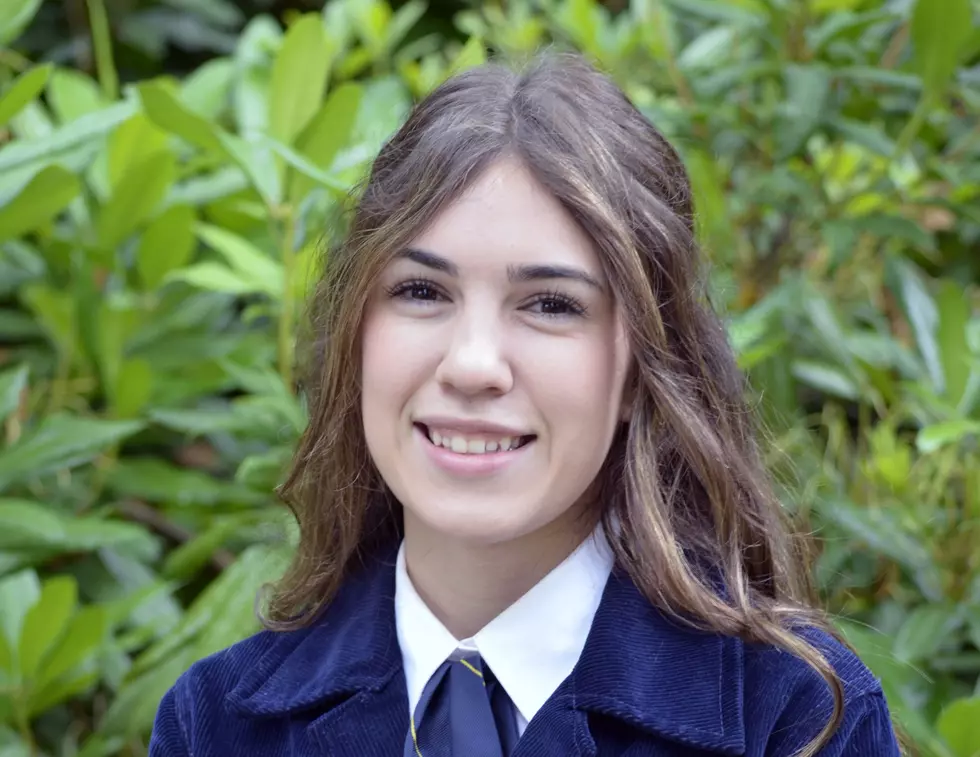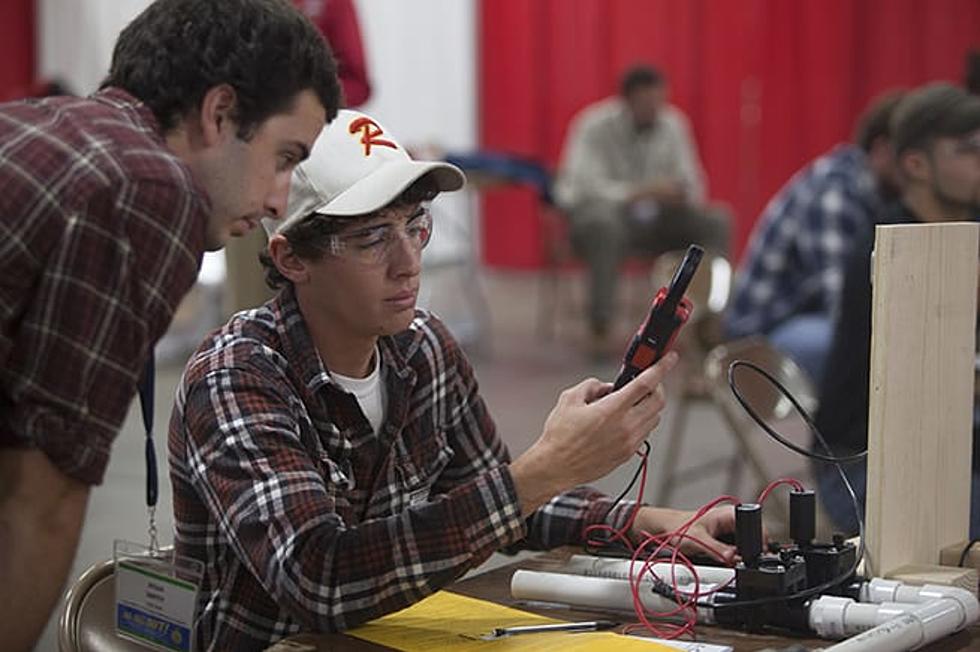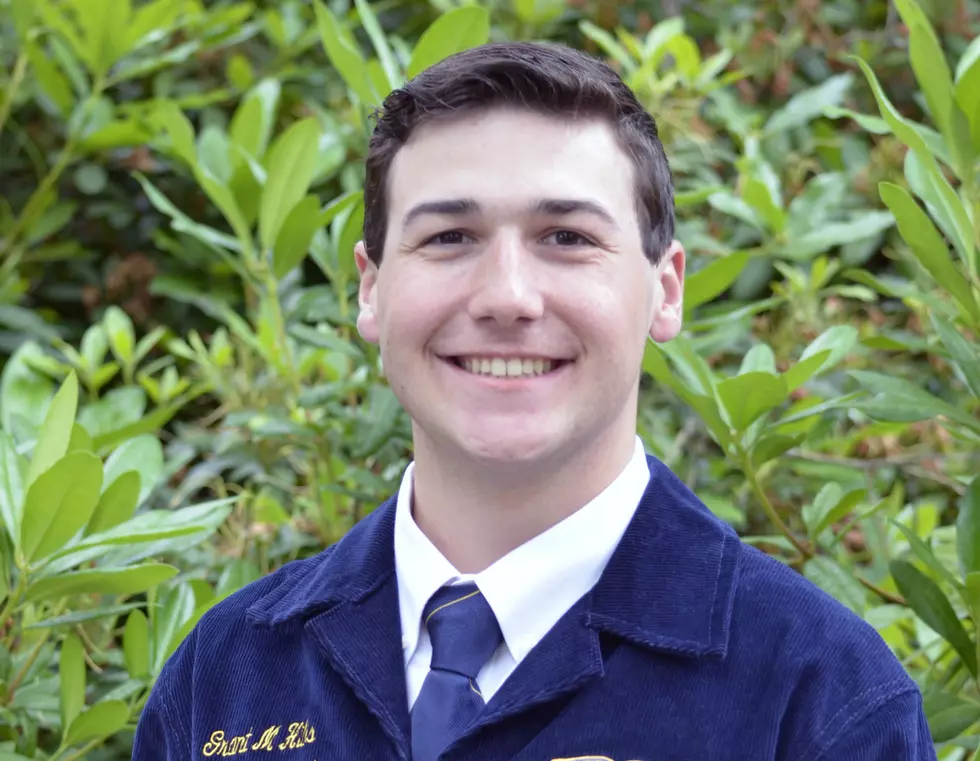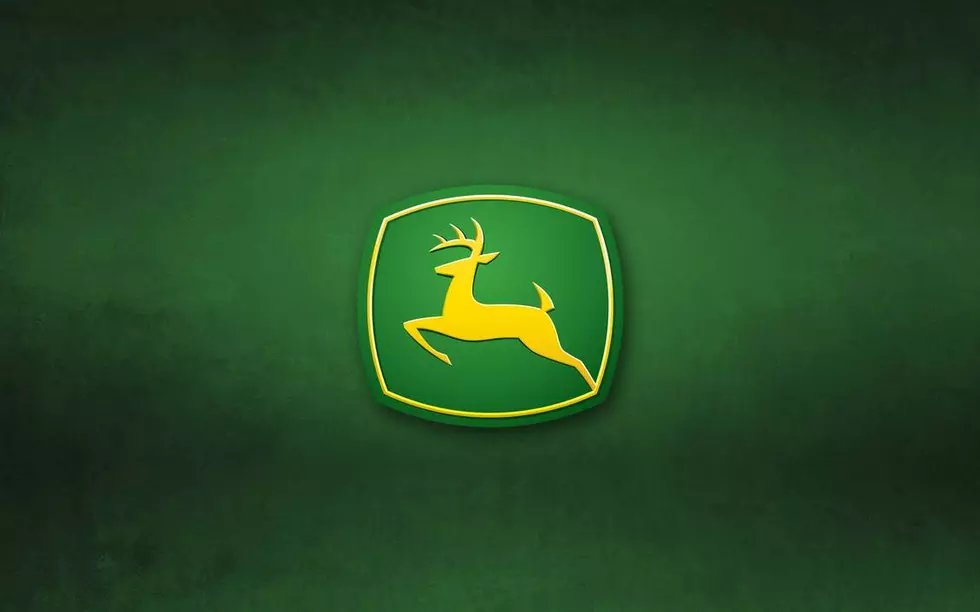
Practicing Good Biosecurity at the Fair
With fair season underway, hundreds, if not thousands, of 4-H and FFA kids are showing their animals at county fairgrounds.
Dr. Minden Buswell with the Washington State Department of Agriculture said it’s important to practice good biosecurity.
“You break it down into three different sections. There’s before the exhibition or the show, things you need to do. At the exhibition or show and the things you need to do and then afterward what do you need to do to make sure your animals are as safe as possible.”
Things like having a good biosecurity plan before you get to the show, checking your animal for signs of illness and quarantining animals you bring home from the fair.
There’s one key to the whole thing according to Buswell.
“Talk to your local veterinarian. They’re very helpful in helping you decide these things and also very helpful in getting the health requirements. Having a great relationship with your local veterinarian is really going to go a long way to helping you make sure that your animal is as safe as possible.”
Buswell said the recommendations for fairs are good husbandry practices that the kids can take into livestock producing they do in the future.
More recommendations:
Before the exhibition or show
To keep your pigs healthy and limit the spread of disease, make sure you are meeting exhibition health requirements. In addition, it is a good idea take some swine health precautions.
- Make a biosecurity plan well before you head to an exhibition.
- A biosecurity plan involves preparing for shows, understanding diseaserisk factors and signs of illness, managing pig health and cleanliness while at an exhibition, and caring for your pig afterward.
- Have your paperwork with you at the fair.
- Files should include up-to-date health certificates, including your name, contact information, farm address and premise identification number (PIN).
- The health certificate should also provide updated information about each pig, such as individual identification in the form of a unique number on the PIN tag, and a physical description.
- Keep your veterinarian’s phone number in your barn with your pig’s papers and in your cell phone.
- Use an individual, readable identification method for each pig.
- Individual identification is a helpful way to identify a pig in the event of a health issue or validation of ownership.
At the exhibition or show
At a fair, exhibition, or sale, be sure to assess your pigs’ health on a daily basis. Here are some other recommendations:
- Look for common signs of illness - fever (a rectal temperature higher than 102.5), loss of appetite, lethargy, coughing, nasal discharge, diarrhea, and difficulty breathing (also called “thumping”) are all signs something may be amiss.
- Keep the area clean by washing, disinfecting and drying equipment.
- Do not share equipment (such as buckets, brushes, restraint devices, etc.) with other exhibitors.
- Wash your hands or at least use hand sanitizer after handling animals and before going to other animal exhibits.
- Change barn clothes after handling animals, especially before going to other animal exhibits.
- Report any health issues to the exhibit manager and show veterinarian immediately.
- Upon returning home, establish an isolation plan with your veterinarian. An isolation period should last between seven and 30 days.
- The isolation area should be clearly designated and far away from other pigs which have not been to an exhibit.
- Perform chores for isolated pigs at the end of the day, after you’ve worked with other pigs.
- Keep clothes, tools and equipment separate for each location.
- You can also use disposable coveralls and boots.
- Clean and wash your trailer before using it to haul other animals.
If you have a story idea for the Washington Ag Network, call (509) 547-1618, or e-mail krounce@cherrycreekradio.com.
More From PNW Ag Network
